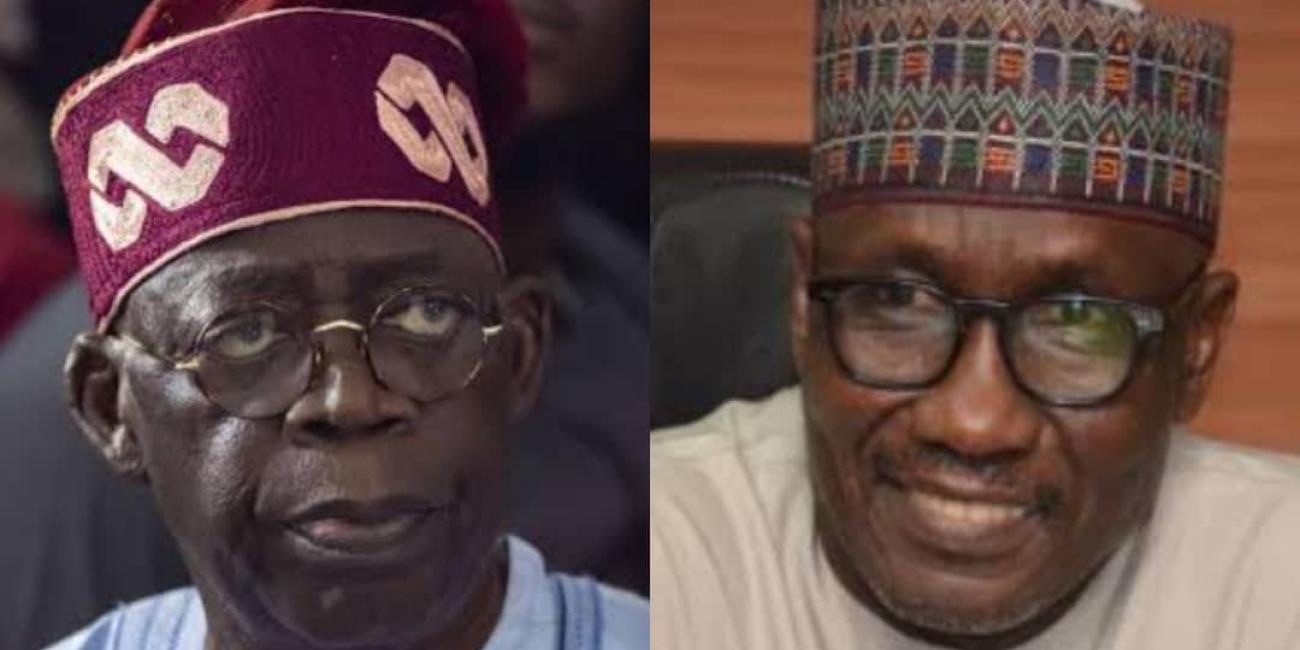
The Nigerian government has distanced itself from the recent increase in petrol prices, asserting that it bears no responsibility for the hike.
SaharaReporters reported on Wednesday that the Nigerian National Petroleum Company Limited (NNPCL) had raised the pump price of fuel from N897 per litre to N1,030 in Abuja; from N855 to N998 in Lagos; N1,070 in North-East; N1,025 in other South-West states; N1,045 in South-East; and N1,075 in South-South.
This decision has led to widespread criticism from Nigerians, who have urged President Bola Tinubu to reverse the price increase.
In an interview with Daily Trust, Minister of Information and National Orientation, Mohammed Idris, clarified that the government should not be blamed for the petrol price hike.
Idris explained that the NNPCL made this decision due to prevailing circumstances in the energy sector, emphasizing that the company acted independently of government directives.
He noted that the federal government can no longer control the prices of petroleum products, in accordance with the Petroleum Industry Act (PIA).
Since the subsidy regime ended in May 2023, the NNPCL had been paying differentials to maintain stable prices, but the company stated it could no longer bear the financial losses.
“The differential you’re seeing is a result of different factors. One of them is the crisis in the Middle East. There’s volatility in the market. Therefore, the prices of petroleum products are going up, consistent with what is happening with other operators in the industry globally.
“Secondly, NNPC cannot continue to absorb these losses for Nigeria because as a limited liability company, it would be operating at a loss,” he said.
Idris urged Nigerians to be understanding towards the NNPCL and the government, assuring that prices would eventually reduce.
He reiterated the government’s commitment to investing the savings from the removal of subsidies into critical sectors such as healthcare, education, infrastructure, and security.
He added that initial government investments in Compressed Natural Gas (CNG) would help mitigate the impact of rising prices as more operators enter the market.
